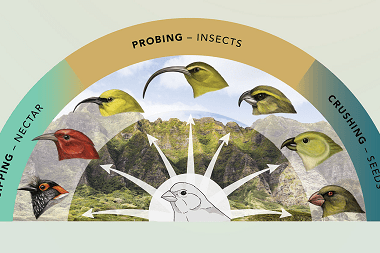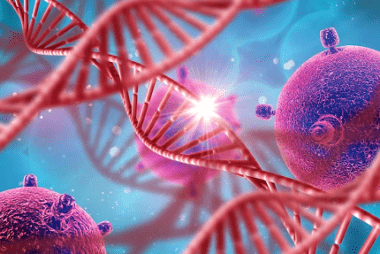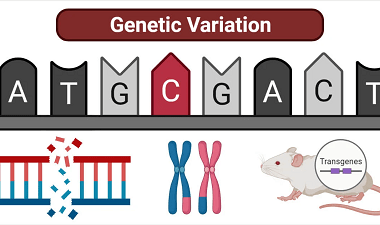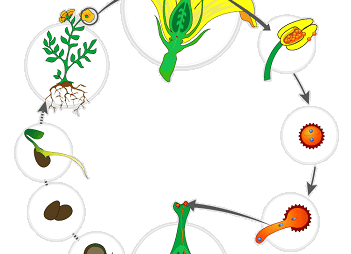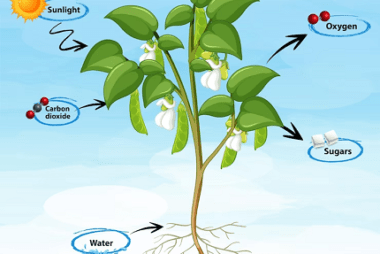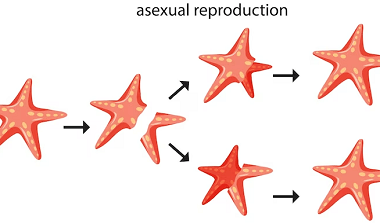Advance Course AIIMS-SYLLABUS Biology syllabus Adaptive radiation
Adaptive radiation Adaptive radiation is a biological phenomenon in which a single ancestral species gives rise to multiple descendant species, each adapted to occupy different ecological niches. It is characterized by rapid diversification and the development of distinct traits and adaptations within a relatively short period of time. The process of adaptive radiation typically occurs…
